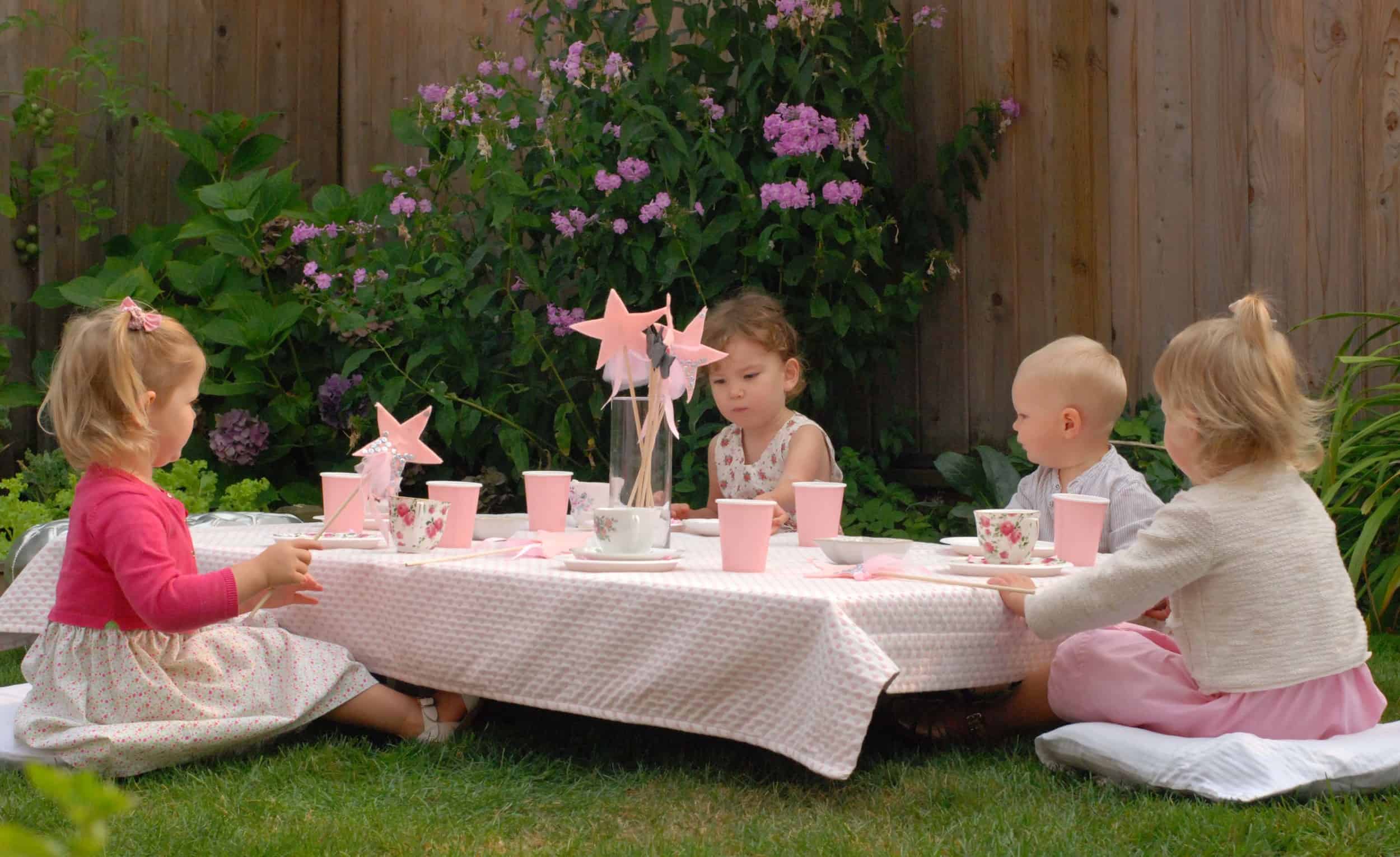Tea for Kids: Herbal teas like chamomile or fruit-infused blends offer caffeine-free options suitable for kids, providing soothing flavors and gentle relaxation for a comforting beverage experience.
Tea-riffic! The Benefits of Drinking Tea for Kids
Tea is a popular beverage enjoyed by people of all ages around the world. While it is often associated with adults, tea can also be a great option for children. In fact, tea can be a healthier alternative to sugary drinks that are commonly consumed by kids. Not only does tea offer a variety of flavors that children may enjoy, but it also provides numerous health benefits. In this article, we will explore the benefits of tea for kids and why it should be considered as a part of their diet.
The Health Benefits of Tea for Children
Tea offers a wide range of health benefits for children. One of the key benefits is its ability to improve cognitive function. Tea contains natural compounds such as caffeine and L-theanine, which have been shown to enhance brain function and improve focus and concentration. This can be particularly beneficial for children who are studying or need to concentrate on tasks.
In addition to cognitive benefits, tea can also help boost immunity in children. Tea is rich in antioxidants, which help strengthen the immune system and protect against illnesses. Regular consumption of tea can help reduce the risk of infections and keep children healthy.
Furthermore, tea can promote healthy digestion in kids. Certain types of tea, such as peppermint or chamomile, have been traditionally used to soothe digestive issues like stomachaches or indigestion. These teas can help alleviate discomfort and promote healthy digestion in children.
The Role of Tea in Reducing Stress and Anxiety in Children
Stress and anxiety are common issues that children may face, especially during times of change or pressure such as exams or social situations. Tea can play a role in reducing stress and anxiety in children due to its calming properties. Certain herbal teas like chamomile or lavender have been used for centuries to promote relaxation and reduce anxiety. These teas can help children feel more calm and at ease.
Additionally, tea can also help children sleep better at night. Many herbal teas have natural sedative properties that can help promote a restful night’s sleep. This is particularly beneficial for children who may struggle with falling asleep or staying asleep. By incorporating a cup of tea into their bedtime routine, children can experience a more peaceful and rejuvenating sleep.
The Benefits of Tea for Children with ADHD and ADD
Children with ADHD (Attention Deficit Hyperactivity Disorder) or ADD (Attention Deficit Disorder) often struggle with focus and concentration. Tea can be a beneficial addition to their diet as it contains compounds that can help improve these symptoms. The caffeine in tea can provide a mild stimulant effect, which can help increase alertness and focus. Additionally, the L-theanine in tea can promote a sense of calm and relaxation, which can be helpful for children with ADHD or ADD.
It is important to note that the effects of tea on ADHD and ADD may vary from child to child. It is recommended to consult with a healthcare professional before incorporating tea into a child’s diet as part of their treatment plan.
How Tea Can Help Prevent Tooth Decay in Kids
Tooth decay is a common issue among children, often caused by excessive consumption of sugary drinks and snacks. Tea can play a role in preventing tooth decay in kids due to its natural compounds. Tea contains polyphenols, which have been shown to inhibit the growth of bacteria that cause tooth decay. Additionally, tea does not contain the sugars found in many other beverages, reducing the risk of cavities.
However, it is important to note that certain types of tea, such as black tea, may stain teeth if consumed in excess. It is recommended to encourage children to rinse their mouths with water after consuming tea and maintain good oral hygiene practices.
The Importance of Choosing the Right Type of Tea for Children
When introducing tea to a child’s diet, it is important to choose the right type of tea that is suitable for their age and needs. There are various types of tea available, each with its own unique benefits. Herbal teas, such as chamomile or peppermint, are caffeine-free and can be a great option for children. These teas offer calming and soothing properties, making them ideal for bedtime or relaxation.
Green tea is another popular option that is rich in antioxidants and offers numerous health benefits. However, green tea does contain caffeine, so it is important to monitor the amount consumed by children.
It is also important to choose organic teas whenever possible to ensure that they are free from pesticides and other harmful chemicals. Reading labels and choosing reputable brands can help ensure the quality and safety of the tea.
Why Tea is a Great Addition to Your Child’s Diet
In conclusion, tea can be a wonderful addition to a child’s diet due to its numerous health benefits. From improving cognitive function to reducing stress and anxiety, tea offers a range of advantages for children. It can also help prevent tooth decay and promote healthy digestion.
When introducing tea to children, it is important to choose the right type of tea that suits their age and needs. Herbal teas are often a safe and caffeine-free option, while green tea can provide additional health benefits but should be consumed in moderation.
By incorporating tea into their child’s diet, parents can provide a healthier alternative to sugary drinks while promoting overall well-being. It is always recommended to consult with a healthcare professional before making any significant changes to a child’s diet.
Originally posted 2024-03-25 13:25:16.



